How to Brew Beer with Spices and Herbs: Adding Depth and Complexity
Brewing beer is an art form that has been practiced for thousands of years. While traditional beers are delicious and satisfying, adding spices and herbs to your brew can take it to the next level. Not only do spices and herbs add depth and complexity to your beer, but they can also provide a range of health benefits.
Why Brew Beer with Spices and Herbs?
Spices and herbs can add unique flavors and aromas to your beer that cannot be achieved with traditional brewing ingredients. They can also enhance the complexity of your brew by adding layers of flavor that complement or contrast with the malt and hops. Additionally, many spices and herbs have medicinal properties that can provide health benefits when consumed in moderation.
Some popular spices and herbs used in brewing include cinnamon, ginger, cardamom, nutmeg, coriander, and chamomile. Each of these ingredients can add a unique flavor and aroma to your brew, and experimenting with different combinations can lead to delicious and exciting results.
When brewing with spices and herbs, it is important to consider the balance of flavors and aromas. Too much of a particular spice or herb can overpower the other ingredients in your brew, while too little may not provide enough of the desired flavor or aroma. It is also crucial to use fresh, high-quality ingredients to ensure the best possible results.
In the following sections, we will explore the different spices and herbs that can be used in brewing, as well as the techniques and tips for incorporating them into your brew.
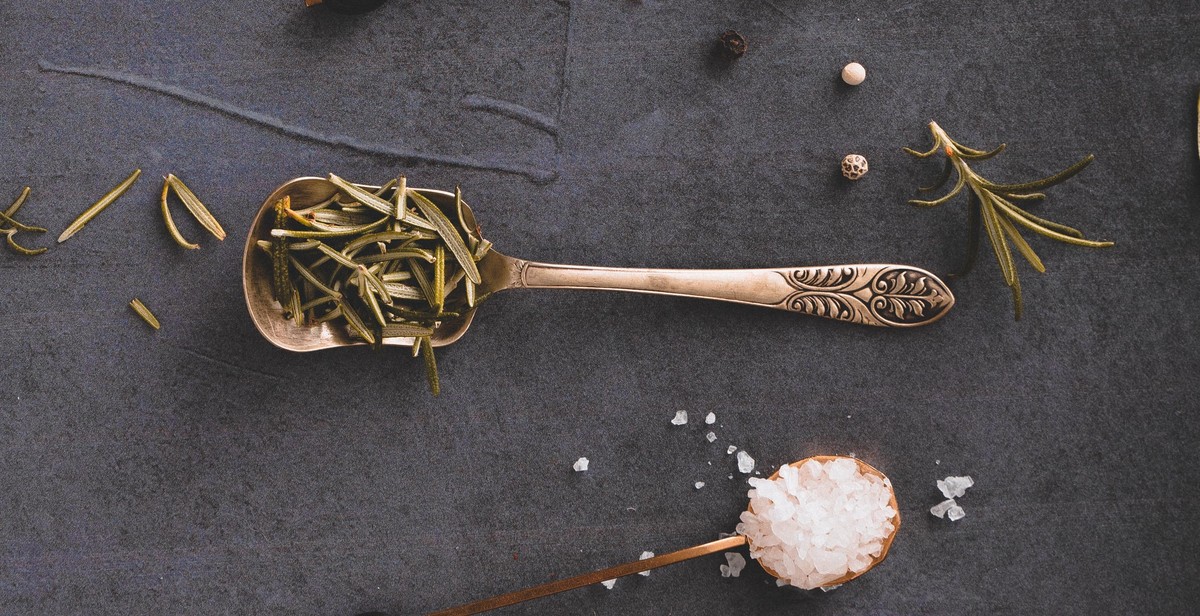
Understanding Spices and Herbs for Beer Brewing
Adding spices and herbs to your beer can elevate the flavor profile and provide depth and complexity. However, it is important to choose the right spices and herbs and prepare them properly to avoid overpowering or off-putting flavors. Here is what you need to know about using spices and herbs in your beer brewing:
Choosing the Right Spices and Herbs
When it comes to selecting spices and herbs for your beer, it is important to consider the flavor and aroma profile you are trying to achieve. Here are some popular options:
- Cinnamon: adds a warm, sweet flavor and aroma
- Ginger: adds a spicy, earthy flavor and aroma
- Nutmeg: adds a warm, nutty flavor and aroma
- Coriander: adds a citrusy, spicy flavor and aroma
- Cardamom: adds a sweet, floral flavor and aroma
- Hops: adds bitterness and floral, fruity, or spicy flavors and aromas
It is important to use high-quality, fresh spices and herbs to ensure the best results. You can purchase them whole or ground, but keep in mind that whole spices and herbs will have a stronger flavor and aroma.
How to Prepare Spices and Herbs for Brewing
Before adding spices and herbs to your beer, it is important to prepare them properly to avoid unwanted flavors or contamination. Here are some tips:
- Clean and sanitize: Wash your hands and equipment thoroughly and sanitize them to avoid contamination.
- Toast: Toasting spices and herbs can enhance their flavor and aroma. Simply heat them in a dry pan over medium heat until fragrant.
- Crush: If using whole spices or herbs, crush them using a mortar and pestle or spice grinder to release their flavors.
- Steep or add during fermentation: Depending on the recipe, you may need to steep the spices and herbs in hot water or add them directly to the fermenter during the fermentation process.
- Taste and adjust: After adding spices and herbs, taste the beer frequently to ensure the flavors are balanced and not overpowering.
By following these tips, you can successfully incorporate spices and herbs into your beer brewing process and create unique and flavorful brews.
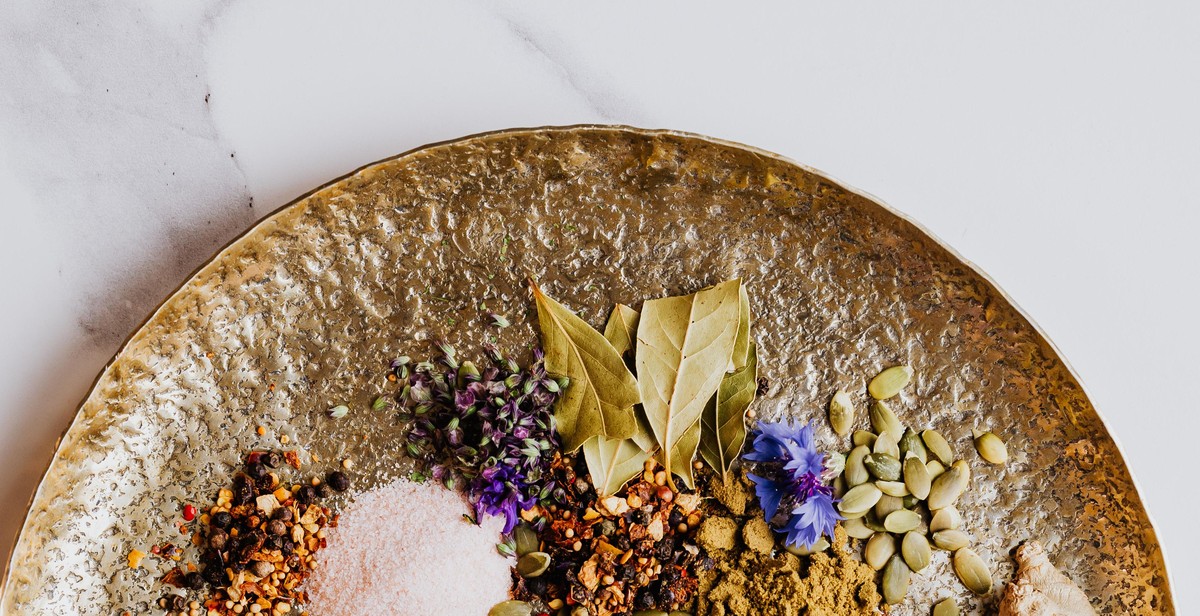
Spices and Herbs to Consider for Beer Brewing
Adding spices and herbs to your beer can enhance its flavor, aroma, and complexity. Here are some popular spices and herbs to consider for your next brew:
Cinnamon
Cinnamon is a versatile spice that can be used in a variety of beer styles, from stouts to Belgian ales. It adds a warming, sweet, and spicy flavor to your beer. You can use cinnamon sticks or ground cinnamon in your brew.
Ginger
Ginger adds a spicy, earthy, and slightly sweet flavor to your beer. It pairs well with citrusy hops and can be used in pale ales, IPAs, and wheat beers. You can use fresh ginger root or dried ginger powder in your brew.
Cardamom
Cardamom is a fragrant spice that adds a floral, citrusy, and spicy flavor to your beer. It is often used in Belgian and German beer styles, such as witbiers and saisons. You can use whole cardamom pods or ground cardamom in your brew.
Nutmeg
Nutmeg adds a warm, nutty, and slightly sweet flavor to your beer. It is often used in darker beer styles, such as stouts and porters. You can use whole nutmeg or ground nutmeg in your brew.
Coriander
Coriander is a citrusy and slightly spicy herb that is often used in Belgian and German beer styles, such as witbiers and hefeweizens. It pairs well with orange peel and adds a refreshing flavor to your beer. You can use whole coriander seeds or ground coriander in your brew.
Chamomile
Chamomile is a delicate herb that adds a floral, earthy, and slightly sweet flavor to your beer. It is often used in lighter beer styles, such as blond ales and wheat beers. You can use dried chamomile flowers in your brew.
Rosemary, Thyme, and Sage
These herbs add a savory, herbal, and slightly spicy flavor to your beer. They are often used in darker beer styles, such as stouts and porters, and can complement the roasted malt flavors. You can use fresh or dried rosemary, thyme, and sage in your brew.
Peppercorns
Peppercorns add a spicy and slightly bitter flavor to your beer. They are often used in Belgian and French beer styles, such as saisons and farmhouse ales. You can use black, white, or pink peppercorns in your brew.
Vanilla
Vanilla adds a sweet, creamy, and slightly floral flavor to your beer. It is often used in darker beer styles, such as stouts and porters, and can complement the roasted malt flavors. You can use vanilla beans or vanilla extract in your brew.
Juniper Berries
Juniper berries add a piney, herbal, and slightly citrusy flavor to your beer. They are often used in Belgian and Scandinavian beer styles, such as saisons and farmhouse ales. You can use fresh or dried juniper berries in your brew.
Experiment with different spices and herbs to find the perfect combination for your beer. Remember to use them in moderation and taste your beer frequently during the brewing process to ensure the desired flavor profile.
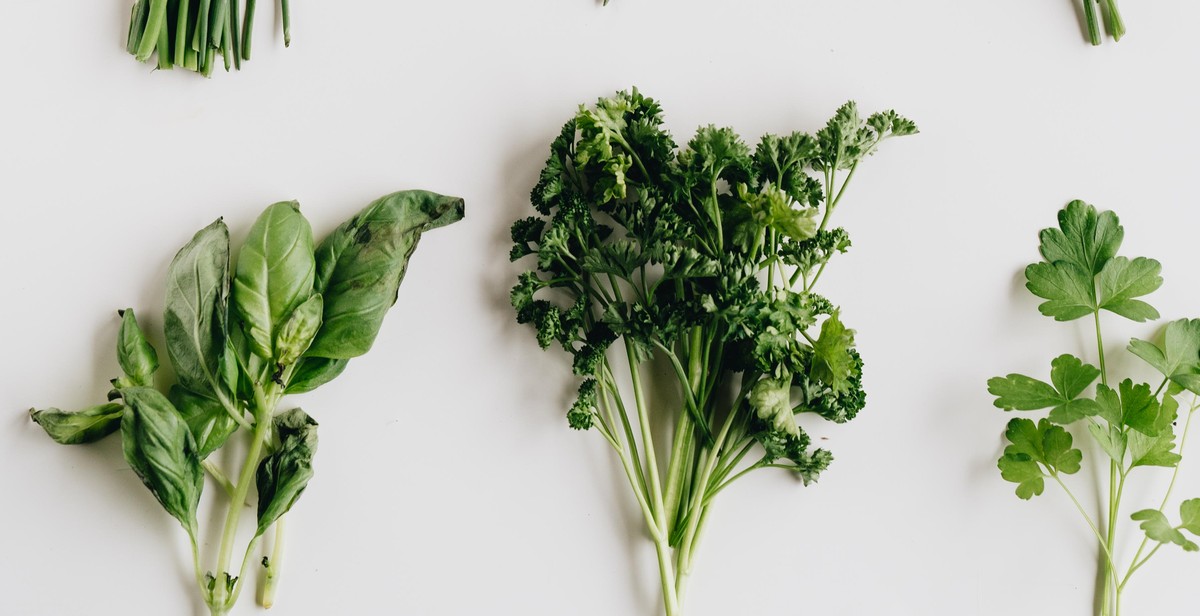
Brewing Beer with Spices and Herbs
Brewing beer is an art that allows enthusiasts to experiment with different ingredients and techniques to create unique flavors and aromas. One way to add depth and complexity to your beer is by using spices and herbs. Here’s a guide on how to brew beer with spices and herbs.
Adding Spices and Herbs to the Boil
The boil is a crucial step in the brewing process where hops are added to provide bitterness, flavor, and aroma. This is also the best time to add spices and herbs to the mix. Some popular spices and herbs used in brewing include cinnamon, ginger, coriander, and chamomile.
When adding spices and herbs to the boil, it’s essential to use the right amount to avoid overpowering the beer. A good rule of thumb is to use one ounce of spice or herb per five gallons of beer. It’s also recommended to tie the spices and herbs in a cheesecloth or muslin bag to prevent them from clogging the equipment.
Adding Spices and Herbs to the Fermentation Process
The fermentation process is where yeast converts the sugars in the wort into alcohol and carbon dioxide. This is also an excellent time to add spices and herbs to the beer to enhance the flavor and aroma. Some popular spices and herbs used in fermentation include vanilla beans, lavender, and juniper berries.
When adding spices and herbs to the fermentation process, it’s crucial to sanitize them to prevent contamination. You can do this by soaking them in a solution of water and vodka or boiling them for a few minutes and letting them cool before adding them to the beer.
Adding Spices and Herbs to the Bottling or Kegging Process
The bottling or kegging process is the final step in the brewing process where the beer is carbonated and stored for consumption. This is also an excellent time to add spices and herbs to the beer to enhance the aroma and flavor. Some popular spices and herbs used in bottling or kegging include oak chips, mint leaves, and citrus peels.
When adding spices and herbs to the bottling or kegging process, it’s essential to use the right amount to avoid overcarbonation or undercarbonation. It’s recommended to use one ounce of spice or herb per five gallons of beer and to taste the beer regularly to ensure that the flavors and aromas are balanced.
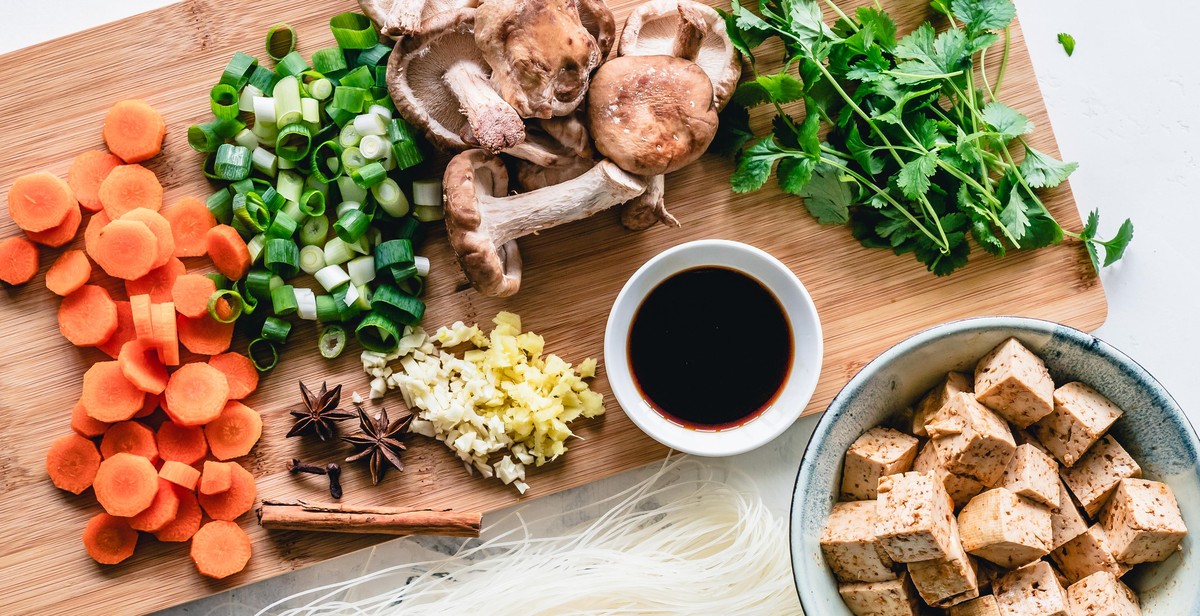
Tips for Brewing Beer with Spices and Herbs
Brewing beer with spices and herbs is an excellent way to add depth and complexity to your brews. However, it can be challenging to know where to start, especially if you are new to brewing with spices and herbs. Here are some tips to help you get started:
Start with Small Quantities
When adding spices and herbs to your beer, it’s essential to start with small quantities. Adding too much can quickly overpower the other flavors in your beer, resulting in an unpleasant taste. As a general rule, start with no more than one ounce of spices or herbs per five gallons of beer. You can always add more later if needed.
Take Notes
It’s crucial to take detailed notes when brewing with spices and herbs. Note the quantity of spices or herbs you added, the time of the addition, and the duration of the addition. Also, record the aroma and taste of the beer at different stages of the brewing process. This information will help you refine your recipe and create the perfect brew.
Experiment with Different Combinations
One of the best things about brewing with spices and herbs is the endless possibilities for flavor combinations. Don’t be afraid to experiment with different spices and herbs to find the perfect flavor profile for your beer. Some popular spices and herbs for brewing beer include cinnamon, ginger, coriander, and chamomile.
Be Patient
When brewing with spices and herbs, it’s essential to be patient. The flavors of spices and herbs can take time to develop and integrate into your beer. Don’t rush the process and give your beer time to mature. It’s also essential to store your beer properly and at the correct temperature to ensure the spices and herbs stay fresh and flavorful.
By following these tips, you can create delicious and complex beers with spices and herbs that will impress your friends and family. Happy brewing!
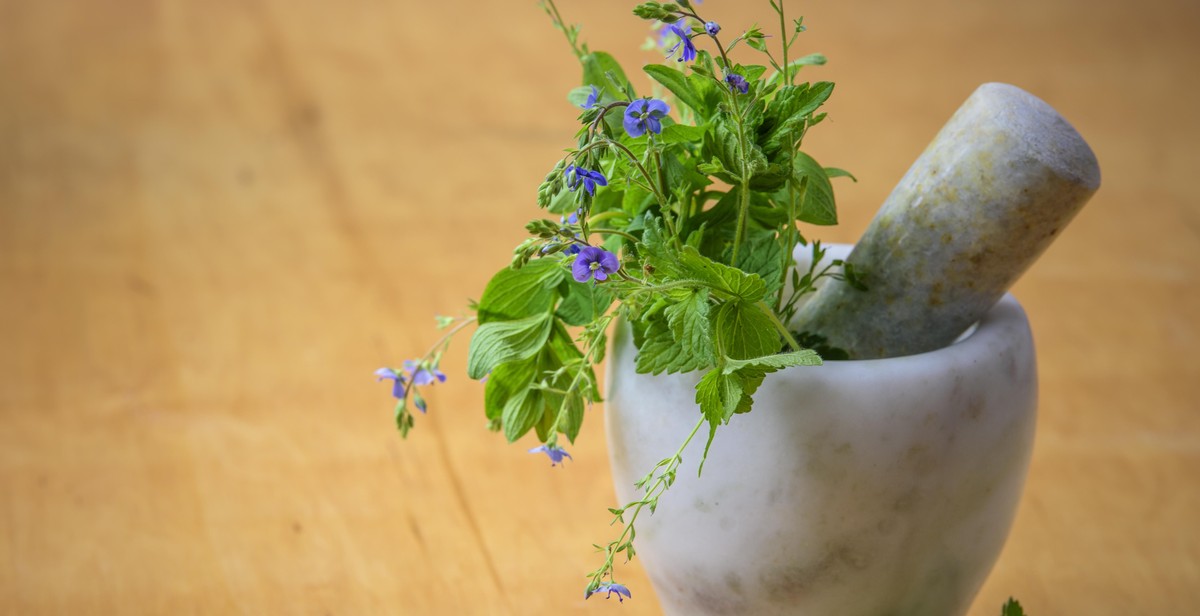
Conclusion
Adding spices and herbs to your beer brewing process can take your homebrew to the next level. With the right combination of spices and herbs, you can add depth and complexity to your beer, making it a unique and flavorful experience for your taste buds.
Before you start experimenting with spices and herbs, it’s important to do your research and understand how each ingredient can affect the flavor and aroma of your beer. You should also consider the type of beer you’re brewing and the flavors you want to enhance or complement.
When it comes to adding spices and herbs to your beer, there are a few different methods you can try, including adding them during the boil, in the fermenter, or in the bottle. Each method can produce different results, so it’s important to experiment and find what works best for you.
Overall, brewing beer with spices and herbs is a fun and creative way to explore new flavors and take your homebrew to the next level. With a little bit of experimentation and some careful planning, you can create unique and delicious beers that will impress your friends and family.
- Do your research and understand how each spice and herb can affect the flavor and aroma of your beer
- Consider the type of beer you’re brewing and the flavors you want to enhance or complement
- Experiment with different methods of adding spices and herbs to your beer
- Have fun and be creative!
| Pros | Cons |
|---|---|
| Can add unique and complex flavors to your beer | Requires research and experimentation |
| Allows for creativity and personalization | May not be to everyone’s taste |
| Can impress friends and family with your unique brews | Can be time-consuming and require extra effort |
